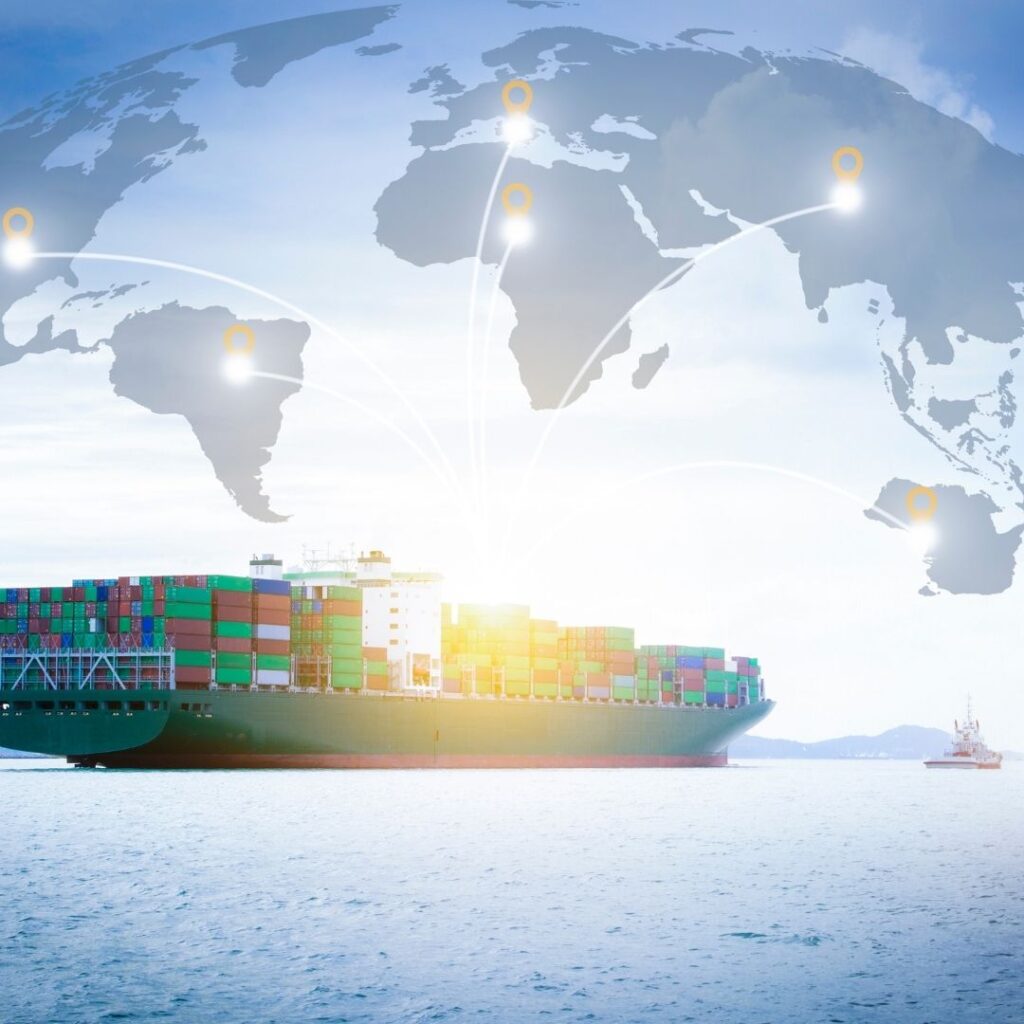BP was the first oil corporation to suspend shipments in the Red Sea, citing a deteriorating security environment as a result of increased attacks by Yemeni rebels on ships sailing a route that accounts for 10% of all international commerce.
Brent crude, the worldwide benchmark, finished the day 1.8% higher at $77.95 a barrel. The US counterpart, West Texas Intermediate, finished the day 1.5% higher at $72.47. Due to concerns about LNG shipment, the benchmark petrol price in the UK climbed by up to 14%, while the price in Europe increased by nearly the same proportion.

The decision by the UK oil group coincides with the Houthi rebels, who are backed by Iran, intensifying their efforts to prevent ships from passing through the Suez Canal following the outbreak of the Israel-Hamas conflict. BP said in a statement on Monday that the precautionary suspension will be kept under constant evaluation as conditions in the region change.
Gains from the previous week were extended by rising shares of some of the top shipping companies, as investors predicted that disruptions would result in increased freight rates and profits.
AP Hapag-Lloyd, the world’s fifth-largest container shipping firm, climbed by nearly 8%, while Maersk, which operates the world’s second-largest fleet, increased by 3.1%. Both companies ceased shipments over the Red Sea last week due to the likelihood of threats.
Longer routes around Africa may cause a lag in the movement of consumer goods, commodities, and oil from Europe to Asia. Traders will also be watching to see if other companies decide to follow BP’s lead.
According to the US Energy Information Administration, LNG flows across the Red Sea accounted for about 8% of total global trade in the first half of this year. After the UK’s maritime authority declared that it had received reports of “incidents” in the Red Sea and advised vessels to proceed with “caution,” BP issued a statement a few hours later.
According to marine underwriters from the London insurance market, the area in the Red Sea classified for higher risks has been enlarged. This will almost certainly raise the cost of insuring vessels in the impacted locations.
